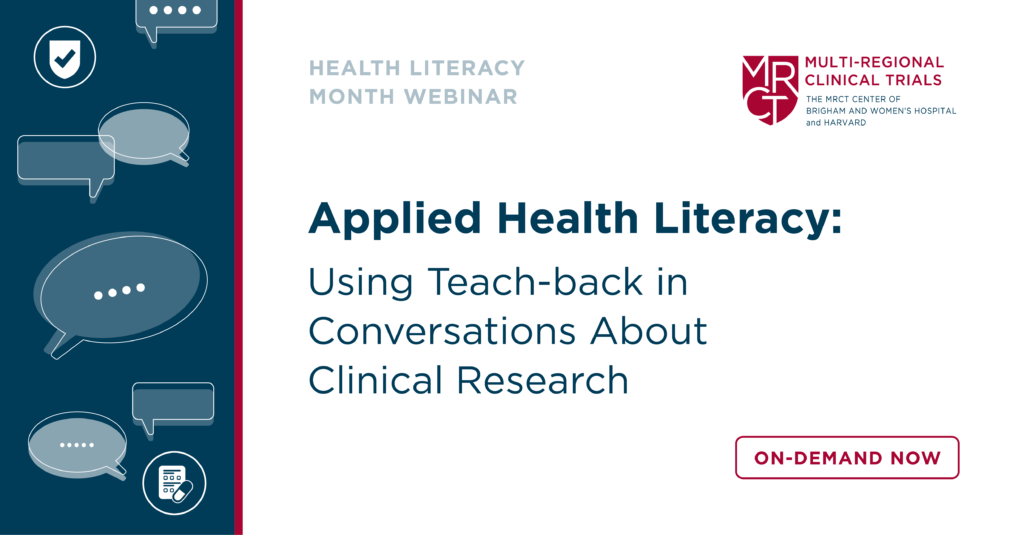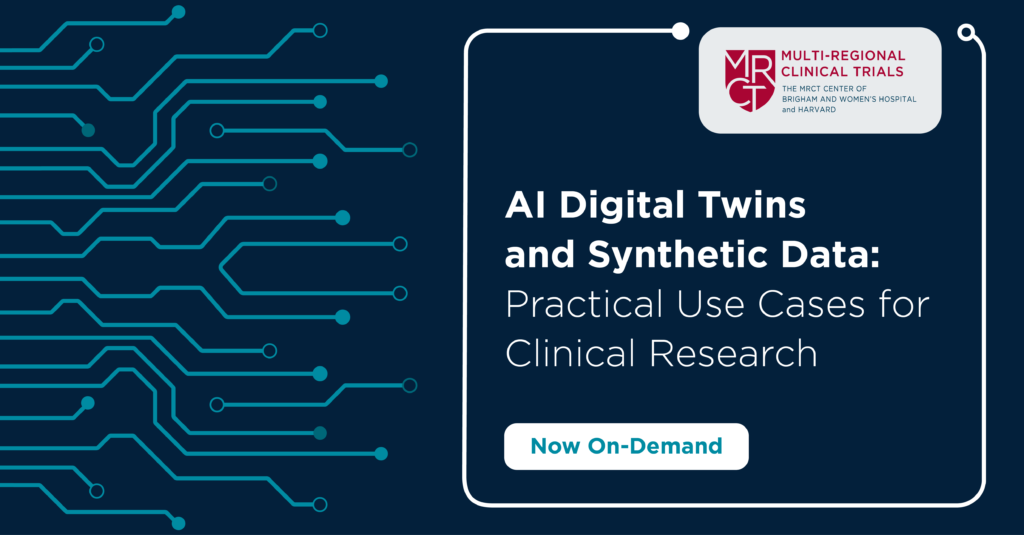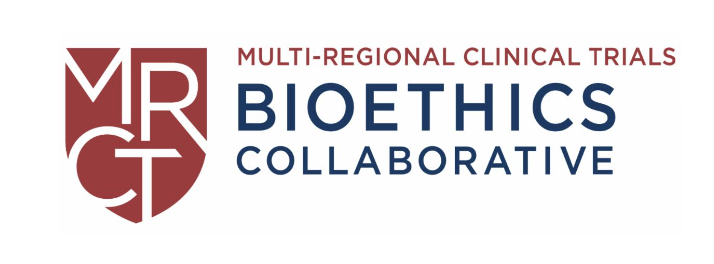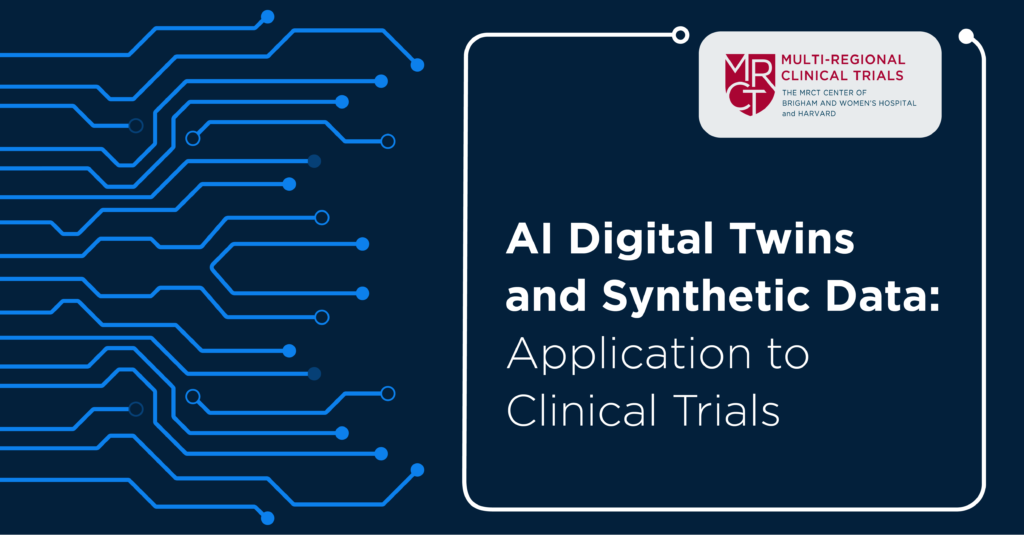Webinar
Presented on: November 4, 2025

Long-term follow-up (LTFU) studies of gene therapy recipients are crucial for understanding the overall benefit-risk profile of these innovative products. However, LTFU studies are challenging to design, conduct, and execute, and pose significant burdens on both patients and sponsors.
In September 2024, the MRCT Center launched an LTFU Working Group. The committee comprises patients, as well as representatives from patient advocacy organizations, industry sponsors, academic medical centers, clinical research organizations, and human oversight protection organizations, each bringing diverse perspectives and complementary scientific, medical, regulatory, and ethical expertise.
On November 4, 2025, the MRCT Center released the Toolkit for Supporting the Design, Conduct, and Reporting of Long-Term Follow-Up Studies as a draft for public comment. The Toolkit provides practical guidance regarding best practices for LTFU studies for both investigational and approved gene therapies. It aims to balance the generation of critical long-term safety and efficacy data with the need to reduce burdens placed on participants, caregivers, sponsors, and investigators.
This webinar introduced the Toolkit’s 𝘀𝘁𝗿𝘂𝗰𝘁𝘂𝗿𝗲 𝗮𝗻𝗱 𝗰𝗼𝗻𝘁𝗲𝗻𝘁𝘀, including:
🔹 𝗚𝘂𝗶𝗱𝗶𝗻𝗴 𝗣𝗿𝗶𝗻𝗰𝗶𝗽𝗹𝗲𝘀
🔹 𝗖𝗼𝗻𝘀𝗶𝗱𝗲𝗿𝗮𝘁𝗶𝗼𝗻𝘀 𝗮𝗻𝗱 𝗥𝗲𝗰𝗼𝗺𝗺𝗲𝗻𝗱𝗮𝘁𝗶𝗼𝗻𝘀
🔹 𝗟𝗼𝗼𝗸𝗶𝗻𝗴 𝗙𝗼𝗿𝘄𝗮𝗿𝗱
It also highlighted additional practical resources:
🔹 𝗞𝗲𝘆 𝗱𝗲𝘀𝗶𝗴𝗻 𝗲𝗹𝗲𝗺𝗲𝗻𝘁𝘀 of LTFU studies for FDA-approved gene therapies
🔹 𝗜𝗻𝘁𝗲𝗿𝗻𝗮𝘁𝗶𝗼𝗻𝗮𝗹 𝗿𝗲𝗴𝘂𝗹𝗮𝘁𝗼𝗿𝘆 𝗴𝘂𝗶𝗱𝗮𝗻𝗰𝗲
🔹 𝗚𝗹𝗼𝘀𝘀𝗮𝗿𝗶𝗲𝘀 𝗮𝗻𝗱 𝗯𝗮𝗰𝗸𝗴𝗿𝗼𝘂𝗻𝗱 𝗶𝗻𝗳𝗼𝗿𝗺𝗮𝘁𝗶𝗼𝗻 on types of LTFU studies
𝗠𝗼𝗱𝗲𝗿𝗮𝘁𝗼𝗿:
Carolyn Riley Chapman, PhD MS – Lead Investigator, Brigham and Women’s Hospital; Member of the Faculty, Harvard Medical School
𝗣𝗮𝗻𝗲𝗹𝗶𝘀𝘁𝘀:
Durhane Wong-Rieger, PhD – President and CEO, Canadian Organization for Rare Disorders
Barbara Isquith Arone, MS – Vice President, Medical Affairs Category Lead, IQVIA
Patrick Cullinan, PhD – Head of Medical Writing and Transparency, Adverum Biotechnologies







